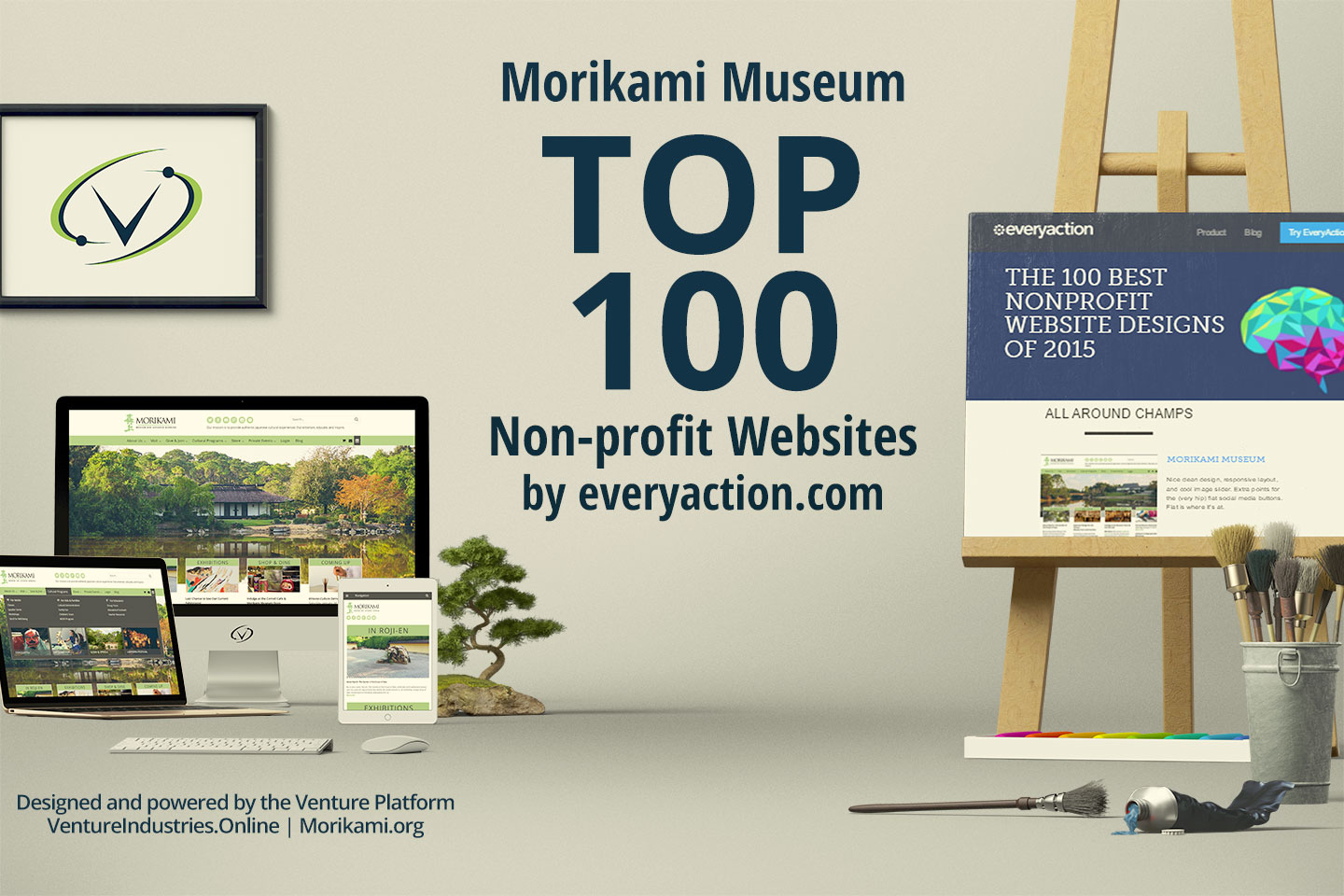In response to yesterday’s article on the value sincerity Brian Bell, producer of WGBH 89.7’s live broadcasts of the Boston Symphony Orchestra and WGBH SymphonyCast, sent in an email which made me think about an oft overlooked component of orchestra management with regard to how orchestras interact with their respective communities…
The sort of interaction referred to here has nothing to do with the artistic product, concerts, education initiatives, and so on; instead, it has everything to do with how the organization functions as a member of the local business community.
In yesterday’s article, the final paragraph touched on a “what can you do for us?” sense of entitlement. Furthermore, you can concentrate that idea on one particular component related to how orchestras function as a member of the local business community.
For example, I remember talking to a development officer at a ROPA ensemble (who has sense moved out of this business) who was lamenting about the difficulty she was having raising corporate donation and sponsorship support from local businesses shortly after joining the organization. Furthermore, she said her marketing colleague (who was also relatively new to the outfit) had an equal amount of trouble meeting minimum advertising goals for their program book.
 As it turned out, I was already somewhat familiar with this particular ensemble and I knew that there were several instances of bad business relationships with local business over the past several years, all of which were initiated by the orchestra. In particular, the problems this development officer encountered were a direct consequence of the orchestra’s sloppy accounts payable practices.
As it turned out, I was already somewhat familiar with this particular ensemble and I knew that there were several instances of bad business relationships with local business over the past several years, all of which were initiated by the orchestra. In particular, the problems this development officer encountered were a direct consequence of the orchestra’s sloppy accounts payable practices.
For years, the organization had a bad reputation of paying bills late for a variety of basic day-to-day operational necessities such as office supplies, catering, utilities, equipment rental, hotel charges, ad hoc consulting fees, shipping expenses, etc. This had gone on long enough (in fact, years) that the organization had developed quite a bad reputation among local suppliers and businesses.
To make matters worse, these same businesses were regularly approached by the orchestra for donations, gifts-in-kind, advertisements, and sponsorships. Needless to say, the success rate for such endeavors regularly declined. In short, word on the street was “Don’t do business with the symphony, they always pay their bills late and then come looking for handouts.”
As a result, my development friend quietly went through their organization’s accounts (with the help of their finance officer) and discovered a long list of invoices and bills which were regularly paid late. In several cases, the organization had to find new suppliers because previous companies refused to do business with the orchestra any longer. She then set up an off-the-record meeting with the principals at some of those organizations to talk to them about how this issue impacted their relationship with the orchestra.
What she learned changed the way she approached her job. Most of the local business people she spoke with explained that the orchestra always approached them with the “we’re doing the greater good so you have to let us slide on paying our bills on time” sense of entitlement. Furthermore, many of them viewed their leniency toward the orchestra’s poor accounts payable practices as a donation in and of itself, which is why they routinely, and tersely, rebuked any advances for donations etc.
To make matters worse, every one of the individuals she spoke with said they had talked with colleagues in other businesses about how difficult the orchestra was to deal with. Perhaps unsurprisingly, it didn’t take long for this development officer to realize that she was fighting an uphill battle and needed help.
She approached her executive director about the situation and indicated that in order for her to begin improving business/corporate contributions the organization was going to have to improve its accounts payable practices and make concerted efforts to mend relationships with current and previous business associates. Three weeks later the development officer quit after it became apparent things were not going to change and she was in no mood to hook her wagon to a fading star. The result was the organization lost someone I considered to be an excellent development officer and they continue to flounder in these same areas today.
Although I’m glad to say it is the exception and not the norm, even I’ve had experiences where my consulting work for an orchestra was paid months later than the agreed due date. When inquiring about the tardy payments I heard reasons from “our payment cycle doesn’t accommodate your payment due schedule” (then why did they agree to the payment schedule in the first place?) to “our cash flow is tight this month and we’re only paying certain expenses at this time, can’t you make an exception for us since you’re supposed to be working to make this business better?”
Let me reiterate that I’m pleased to say that I can count on one hand the number of times I’ve encountered situations like those mentioned above. Most groups I’ve worked with do an excellent job at paying bills on-time but for those who don’t it will not take them long to develop a less than desirable reputation.
All of this brings up some intriguing questions, here are just a few:
How often does your organization evaluate how they appear in the eyes of local businesses?
Do you distribute closed-ended surveys to measure these relationships or do you take more of an interpersonal approach?
As an incoming executive administrator, how much time do you spend investigating your new organization’s local reputation as a business?
If you discover past problems, how do you approach finding solutions; do you ask local business to give you a clean slate or are you willing to do more to pay for the sins of your predecessors?
On a scale of 1 – 10, how do you think your local businesses would rate your organization as a reliable business associate?
In what ways do you think a substandard local reputation impacts the organization’s ability to attract influential board members (who wants to associate with a deadbeat organization)?
It would be fascinating to conduct a study to determine exactly how much revenue is lost as a result of shoddy accounts payable and general business practices. For all of the professional development going on in this business it would be worthwhile to direct some of those funds to investigating this situation.
Let’s say you are an executive who has been on-site for up to a season and the organization is experiencing a decline in business/corporate revenue. No matter what you’ve done to improve the situation through development and sales techniques which have worked for you in the past, things haven’t improved. My suggestion would be to redirect some of your professional development funds toward investigating the status of your organization throughout the local business community.
In most cases, this is something which would likely be best accomplished through a third party resource as opposed to an internal employee. To that end, if you’re looking for a good place to start, give me call or send me an email. This is a particular area of interest to me and due to the prevailing sentiment among many individuals and service organizations in the business to avoid this sort of unpleasant subject matter, it doesn’t receive the amount of attention it should. Regardless, it is something every organization should spend time considering, doubly so if you’re a new executive.



One response you can always count on is, “Oh, we are so understaffed and there is so much to do that we simply can’t spend any time on [fill in the blank here].
I have suggested — many times — that they make better use of volunteers — personable persons who can perform triage on incoming communications, make contacts to collect information, send out boilerplate responses, et al.
I don’t know why orchestras are as reluctant as they are to assign their volunteers to productive projects, besides such things as picking up guest artists at the airport, hosting cocktail parties and dinners, and all the other social niceties that seem to be the fate of volunteers.
If an orchestra were to assemble a cadre of competent volunteers and put it at the service of a Drew McMaster . . .
Paul
I believe the following is a fact: In most cities, the orchestra — the best-funded, largest budget performing arts organization — is commonly viewed by the other arts groups as isolated, imperious and uncollaborative. This has been the unfortunate case in the six major metro areas I have worked (for orchestras, presenters and theatre companies).
This can, almost exclusively, be placed at the feet of the orchestra, its management staff in particular.
It does not have to be, however. Example: the Indianapolis Symphony had an annual ad contract with the (then) two major daily papers that gave it rates well below the standard arts line rates (not only not discounted from the regular rates, but actually higher as most groups could only advertise in the more expensive weekend and Sunday editions). Given the ISO’s buying power and board connections, we negotiated those papers’ first ever arts discounts. This saved the orchestra very little over the existing bulk contract, but saved all other performing arts groups as much as 20% over their then current rates. We made sure the papers told their arts clients about the new rates, and helped the papers make connections that might actually increase their arts ad revenues, even after the discounts. We also worked with the papers so that a planned eight page supplement had to be expanded to 16 pages to accomodate the ad demand.
This did not come out of thin air, as improving the orchestra’s reputation within the area’s arts community was a target within our strategic plan (Kudos to the ISO’s mid- and junior staff in operations, PR and marketing, who raised this as an issue for the plan).
This cost us nothing in dollars, little in terms of time, and was a small but integral part of the community connections agenda that was a central part of the strategic plan. As the organization with the largest profesional staff and budget, we were able to help guide other arts administrators to helpful vendors, who always appreciated the referrals (along with the discounted and/or free tickets offered their workers).
It is amazing what happens to an orchestra when it turns the traditional “me first” orientation on its head.